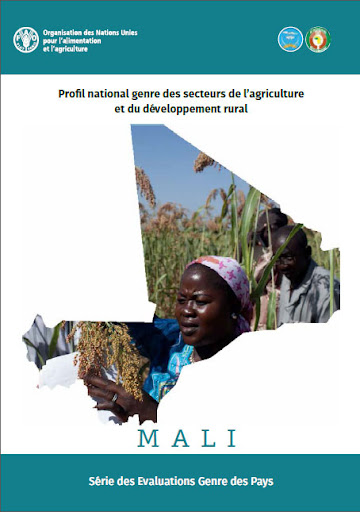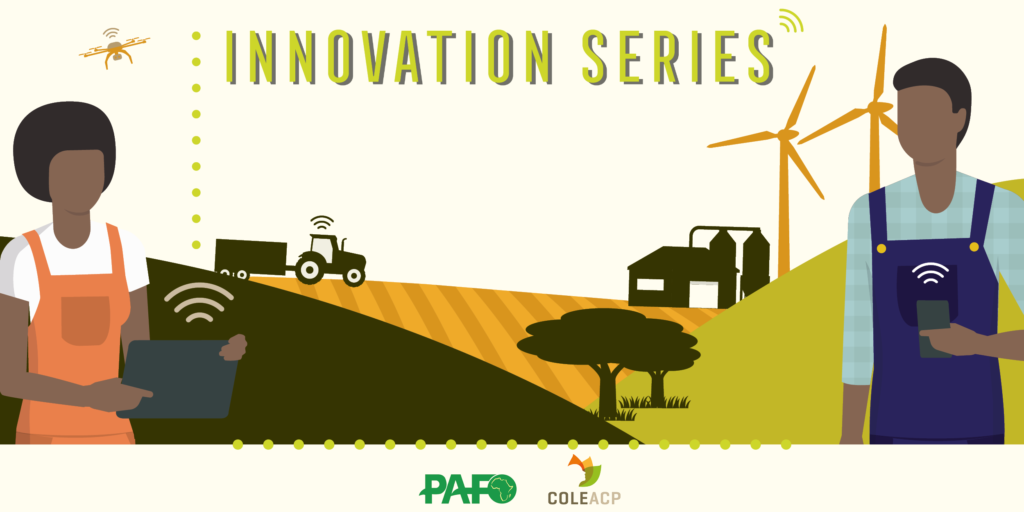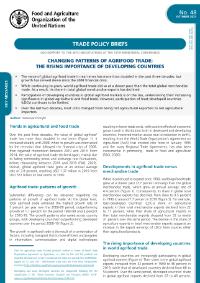The impact of smallholder farmers’ participation in avocado export markets on the labor market, farm yields, sales prices, and incomes in Kenya
Smallholder producers in sub-Saharan Africa are often unable integrate into markets and access high-value opportunities by effectively participating in global chains for high-value fresh produce. Using data from a survey of large avocado farmers in Kenya, this study examines the determinants and impacts of smallholder-producer participation in avocado export markets on labor inputs, farm yields, sales prices, and incomes, using a switching regression framework to control for selection effects.




